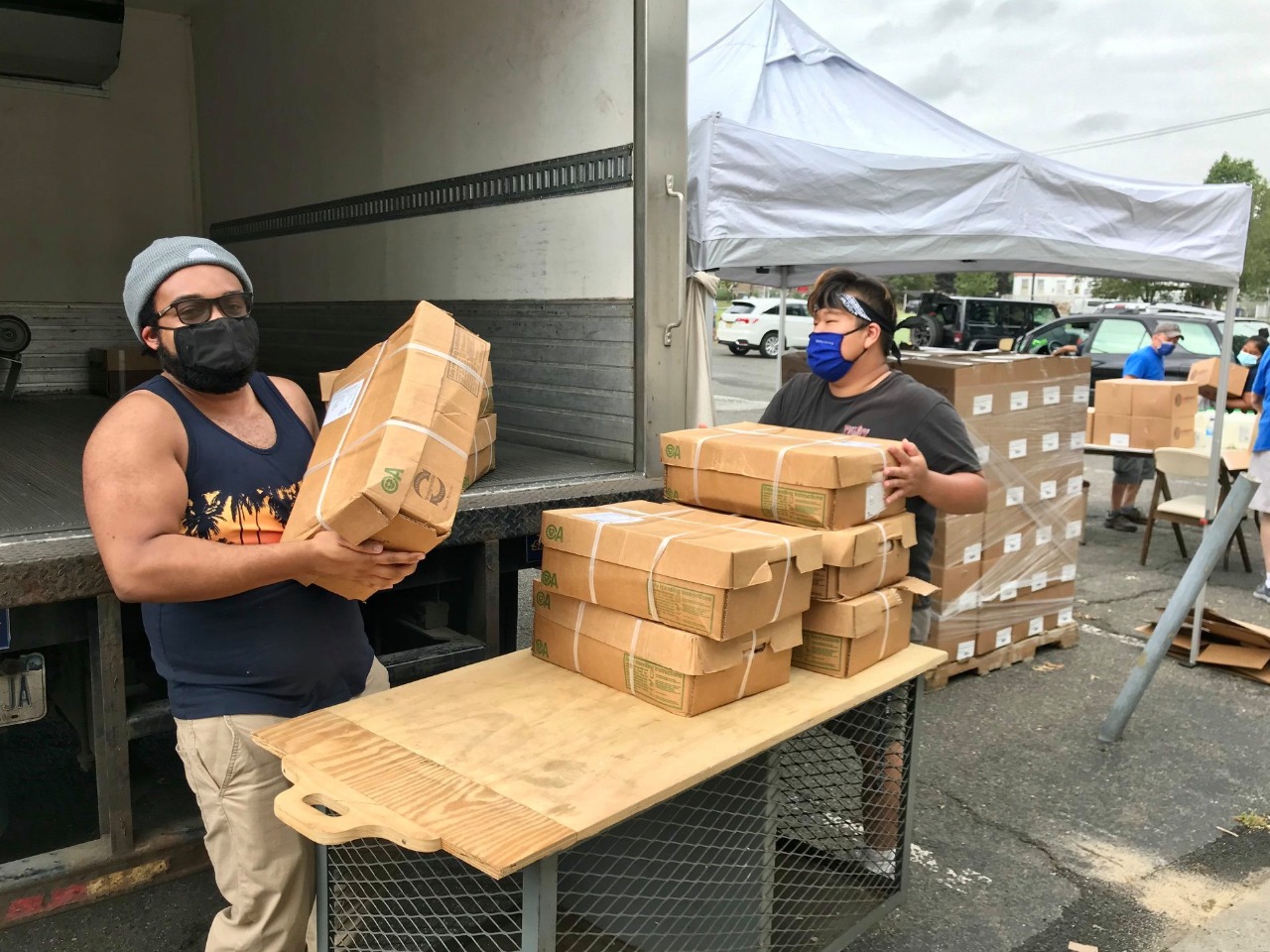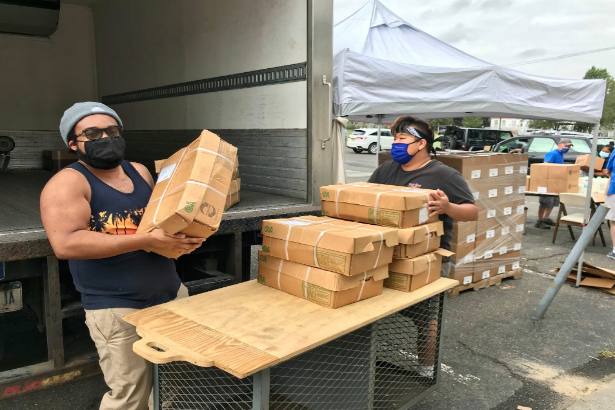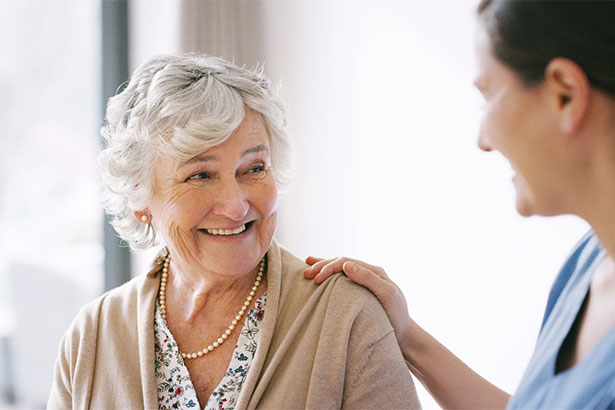Let’s face it, much has changed in 2020. With so much uncertainty these days, you may be experiencing emotions you find hard to understand or don’t yet have the skills to manage. The cancellation of many of the usual summer activities, the absence of sports, and the inability to see friends in person, among other pressures, have caused many teens to experience feelings of loss, as well as anger, frustration, grieving, loneliness, and sadness. Yet there are effective ways to deal with these feelings.
Darline Jerez, LCSW, an Englewood Health population health social worker who focuses on community health, offers these tips to our community’s teens for navigating the summer.
1. Keep a routine. It is helpful for everyone—children and adolescents, as well as adults—to have a routine and to allocate time to a variety of activities. Create a plan that centers on being healthy and connected. A daily schedule doesn’t always have to look the same. Be flexible and give yourself something to look forward to each day: get outside, connect with family and friends, make time for yourself, make time for fun, and—especially—create moments of joy throughout the day.
2. Practice healthy habits. Our habits influence our mood. Getting enough sleep, eating healthy, and exercising foster wellness. Exercise can improve one’s mood and minimize feelings of depression.
3. Maintain a healthy attitude. Stay positive. A positive mindset will allow you to see circumstances in a different way, to find the good in what is happening around you. Those should be your “go-to thoughts” when you feel overwhelmed with negative feelings.
4. Welcome support. Some teens are experiencing a mental heaviness during these times, while others are moving forward more easily. Your parents and other adults can support your emotional development by checking in with you, validating your feelings, and being present.
5. Accept your own pace. Wherever you are in the process—shock, anger, or adapting and growing—recognize that it is natural to feel such emotions. Everyone must go through their own healing process.
6. Know when to seek professional help. Most important, if behavioral or emotional difficulties are interfering with your daily functioning, tell your parents you’d like to speak with your pediatrician (or other healthcare provider) or with a mental health professional.
Posted July 20, 2020









